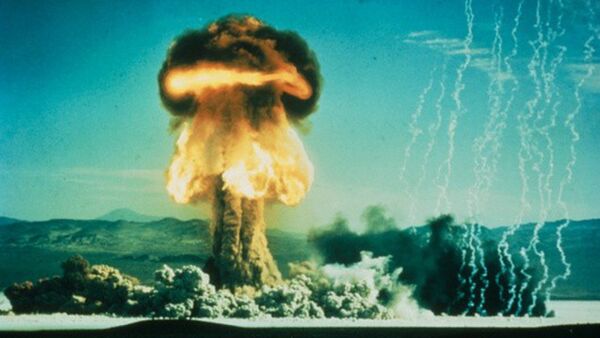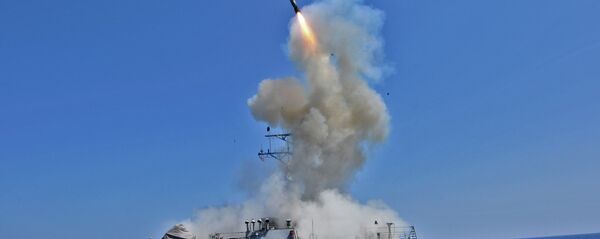Perry, who from 1994 to 1997 served as Pentagon chief under President Bill Clinton, delivered his remarks at an event hosted by the Defense Writers Group
"We're now at the precipice, maybe I should say the brink, of a new nuclear arms race," he said. "This arms race will be at least as expensive as the arms race we had during the Cold War, which is a lot of money."
The Pentagon is starting a major overhaul of its nuclear triad, made up of bomber, submarine and intercontinental ballistic missile (ICBM) nuclear options. Perry called for the breaking of the triad by dismantling the ICBM stockpile.
ICBMs, he said, "aren't necessary … they're not needed. Any reasonable definition of deterrence will not require that third leg."
In an August assessment, the Center for Strategic and Budgetary Assessments projects that it will cost more than $700 billion over the next 25 years to recapitalize the nuclear triad.
Perry said spending that money is foolish considering the United States is both short of cash for other programs and capable of a robust nuclear deterrence already, Defense News reported.
The risk of nuclear war is exacerbated by the deterioration of the relationship between Moscow and Washington that had been formed after the fall of the Soviet Union. Without clear military-to-military communication between those two nations, the risk of an accidental conflict increases, Perry said.
"Today – probably I would not have said this 10 years ago – but today we now face the kind of dangers of a nuclear event like we had during the Cold War, an accidental war," he said.
"I see an imperative: to stop this damn nuclear arms race from accelerating again."





